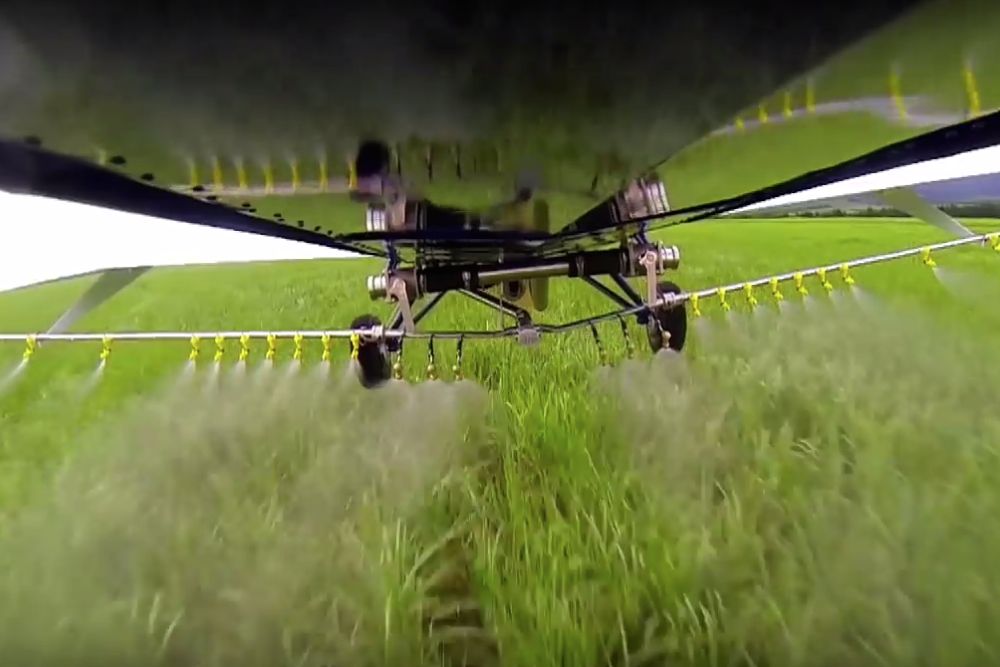Brazil cracking down on unmonitored agriculture planes
Mandatory transponders sought for crop dusters
| 2 min read

Aviation firms report Brazil's use of crop dusters to be rising at a rate of three per cent per year. (Embraer video screengrab via YouTube)
Sao Paulo | Reuters — Brazilian federal prosecutors have demanded civil aviation authorities change regulations to increase oversight of agriculture airplanes such as crop dusters, which they claim can be used to smuggle drugs and agro-chemicals.
Prosecutors are calling for the mandatory introduction of a transponder equipment to monitor such planes, and have suggested new regulations are enforced by the end of this year. In an official communication sent to the civil aviation agency earlier this month, they have asked Anac, as the entity is known, to treat the matter as a priority.
“The agriculture aircraft is the ideal means of transportation for bringing in guns, drugs and illegal agro-chemicals from places like Paraguay,” prosecutor Marco Antonio de Almeida said. “There has to be increased oversight.”
Anac said the agency is pondering the impact of potential changes to agriculture aviation rules, but no decision on a new monitoring system has been made yet.
The use of crop dusters is rising at a rate of three per cent per year, according to Sindag, a syndicate that represents agriculture aviation firms operating in Brazil, the world’s largest exporter of commodities such as soybeans, coffee, sugar and orange juice.
Sindag said last year such airplanes sprayed an area corresponding to 178 million acres, a region almost as large as Chile, in multiple applications. Crop dusters are widely used by cotton, sugarcane, rice and soy growers, according to industry data.
There are 2,131 registered agriculture airplanes in Brazil, according to Anac.
Sindag says 70 per cent of that fleet is based in the states of Mato Grosso, Rio Grande do Sul, Sao Paulo and Goias, according data from December. About two-thirds of the fleet belongs to service providers while the remainder is privately owned, Sindag says.
Almeida said prosecutors defend use of the transponder equipment on crop dusters, which fly at low altitudes and without any form of communication with flight controllers.
But he said agriculture aviation companies are against the use of the transponder, which they claim raises cost.
Gabriel Colli, a Sindag director, said use of the transponder equipment would require certification and inspections by Anac, a process that could be time-consuming.
Colli said it would be more effective using a locator device known as DGPS, which is already built in and could perform communications with a control tower, emulating the system used in commercial aviation.
— Reporting for Reuters by Ricardo Brito; writing by Ana Mano.


